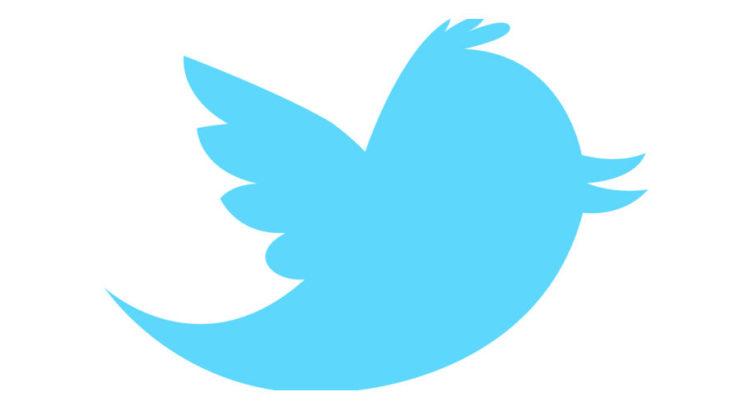Are you waiting until the last minute to get your tasks done?
Preparation is vital for any kind of performance, especially for professional presentations.
As a speaker, be fully aware of how it can help you achieve an effective and successful speech that lets you confidently interact with your audience and deliver your message clearly and sufficiently.
However, there are times when you may fail to prepare due to lack of time or other unexpected circumstances.
This shouldn’t be an excuse for you not to do your job as a presenter.
In-depth preparation benefits both you and your audience, as it allows you to manage and handle your presentation efficiently.
How Procrastinating Makes You Ineffective
While most presenters value careful planning and preparation, there are some who unconsciously take them for granted.
It can be that they’re too focused on other things, barely noticing how planning ahead and failing to prepare affect their performance’s outcome.
Finalizing things at the last minute leads to an ineffective performance.
Your audience should be your priority. Delaying your task will only disappoint them and lose their interest.
To avoid this, accomplish these three essential things before presenting:
1. Familiarize Yourself with the Venue
There’s an old maxim: “If you’re early, you’re on time. If you’re on time, you’re late…”
Arriving early gives you an idea of how to properly utilize the stage and even the physical space between you and your audience.
Check all equipment that you need, including the projector, microphone, laptop and even the PowerPoint slides to avoid technical problems. Also, position yourself on a stage in a way that prevents you from distracting your audience.
If you can, don’t block the equipment so that your audience can clearly see the visuals you’re showing on-screen.
2. Do an Advanced Talk with Your Audience
Your pitch doesn’t start when your audience walks into the room. It begins when they’ve decided to attend the event.
Since how they perceive you is important, establishing a good relationship with them before your actual performance makes a good impression.
In this stage, get to know your audience by asking questions which you can use to relate them with your topic.
Being authentic also allows you to connect with them personally.
3. Take Time to Attend Other Presentations Before Your Actual Speech
This helps you gain more useful information as you listen to other speakers’ discussions.
It also lets you make adjustments while observing the audience’s behavior and mood prior to your performance.
Conclusion
When it comes to public speaking, cramming is a bad habit. It only increases your anxiety for not spending your time preparing for what could possibly be the opportunity of a lifetime.
Before you start presenting, familiarize yourself with the venue to become comfortable and natural in the speaking space, and ensure that you best position yourself in a way that connects to your audience. Talking to them also allows you to build a relationship with them.
Listening to other speakers lets you adjust as it gives you an idea of how to engage the crowd prior to your performance.
Accomplish these things the next time you present and you’ll have successful presentations in no time.
To help you craft a more effective PowerPoint presentation, let SlideGenius experts assist you!
References
Dlugan, Andrew. “Stop Rehearsing! 3 Critical Things to Do Before Your Speech.” Six Minutes, December 1, 2012. Accessed June 5, 2015.







